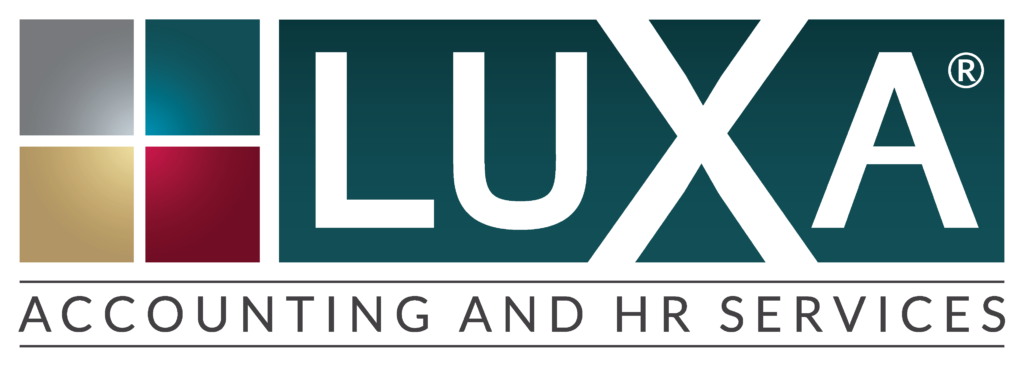Basic accounting for Annual Profit & Loss Estimate
Business forecasting is not just for investors. If you’re a business owner, chances are you need data that determines how you spend your resources. Without being aware of sales gaps, expected revenue, deposit information, cash flow figures, etc – your chance of a strategic decision is limited.
3 Reasons to use an Annual Profit & Loss Estimate
INC magazine published an article, 7 Tips for Business Forecasting, where it highlights several good reasons for business forecasting. Our top 3 were the following:
1. Plan for the worst, but project for the best, too
To be prepared to at least break even in tough times, but also be ready for growth, Orb Audio CEO Ethan Siegel makes three different spreadsheets for his high-end speaker manufacturing business, Donna Fenn reports. “We try to walk the fine line of making sure we are profitable if the worst case comes true, but also have enough product and staff to support the best case predictions,” says Siegel, whose company is based in New York City. This year, the company grew by 30 percent, with growth fueled largely by foreign sales driven by a weak dollar. “We never would have guessed that we’d grow that much,” says Siegel. “But because we also planned for best case and built up inventory, we weren’t caught with our pants down.” In the short term, Siegel looks carefully at the month-to-month growth rate in the previous year to predict revenue in the coming months. “It’s been very accurate for us since speaker sales do tend to follow a seasonal pattern,” he says. “People are more likely to spend their money on indoor entertainment in cold months.”
2. Keep your customer terms updated.
“For the first four and a half years of this business, we’d have the occasional customer who ran into a slowdown. Now, that unstable group is much bigger,” says Dennis Brown, CEO of Logistic Dynamics, an Amherst, New York, logistics coordinator. “This year, we are a lot more conservative in our methodology because of the unknown. We’ve tightened our credit terms to our customers. We know this year, somebody significant is going to file bankruptcy on us. Statistically, it’s going to happen. Therefore, our forecasts have to be more conservative, because we need to be able to subsidize that kick in the pants we know we are going to get. It may be only $30,000, but it may be $300,000. That would hurt bad. We’re hoping it’s $30,000.”
3. Pay attention to the small stuff. Like paperclips.
“I’ve always felt that the office supply business is a pretty good bellwether of the economy. If people are buying lots of supplies, then businesses are doing pretty well,” Rick Israel, co-founder of Complete Office, a Seattle supplier of office products, told Inc.’s Kasey Wehrum. “If they are buying new office furniture, then they are doing even better. Our furniture business has dropped by about half, but right now, we’re not seeing huge declines in supplies. Supplies are like food: People still need to eat, and businesses still need to run copies and go through toner. But we are starting to see a trend of businesses buying just the things that are absolutely necessary. If you want a fancy binder or a cool new pen, you’re not getting it.”
We hope these bookkeeping tips were useful for you and your business.
LUXA Enterprises offers outsourced accounting services for small businesses in the Tulsa and surrounding areas. If you’re considering a short or long-term approach to outsource accounting, give us a call for more information at 918-928-7288.



